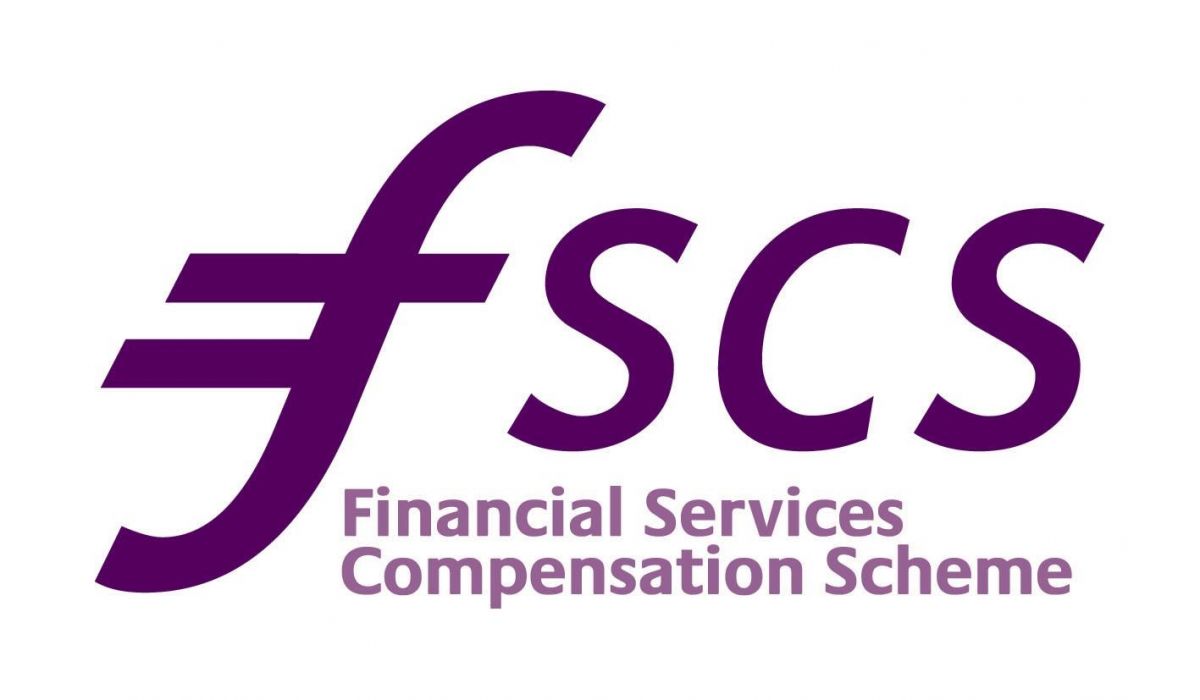Mortgage advisers processed more cases in the third quarter than any other since 2015, according to a new report from the Intermediary Mortgage Lenders Association (IMLA).
The latest results show that advisers processed an average 97 cases between July and September 2021, a figure 2% higher than the previous historic high.
IMLA said that intermediary confidence in the business outlook for their own firms also reached a three-year high, with 63% of intermediaries “very confident” and 98% confident overall. Furthermore, confidence in the outlook for the intermediary sector edged up in Q3, with the proportion feeling “very confident” now 10% higher than this time last year.
Confidence in the outlook for the mortgage industry increased again this quarter, with the proportion feeling “very confident” also reaching a new record high (46%) in Q3. The report stated that 97% of intermediaries are feeling confident about the outlook for the wider mortgage industry.
“The positive findings seen in our latest report clearly reflect the housing and mortgage market’s strong recovery in 2021,” commented IMLA executive director, Kate Davies.
“Government stimulus, such as the stamp duty holiday, also helped to stimulate demand, providing a much-needed confidence boost to buyers and helping to maintain momentum in the housing market. We have seen intermediary caseloads increase to record levels, and intermediary confidence levels increase to some of the highest recorded.”
IMLA’s data also showed that the average number of decisions in principle (DIPs) processed by intermediaries Q3 softened very slightly in July (26) and August (28). However, DIP volumes in September bounced back to reach the highest level seen since this time last year (35).
This trend was in line with the lead up to the end of the stamp duty holiday, with slow month-on-month increases from July to August, and a spike in September, as buyers rushed to complete deals before the 30 September deadline. The proportion of DIPs resulting in a DIP accept also picked up strongly this quarter, reaching 85%, which represented a return to pre-pandemic levels.
Davies added: “Our latest research into ‘underserved borrowers’ shows that over the next 12 months lenders are expecting to see numerous borrowers with complex financial situations, including those with credit impairments, and self-employed applicants.
“However, our research also found that lenders are willing to lend to complex borrowers, and that there are mortgage options available to those who have struggled financially as a result of the pandemic.
“Advice is crucial, and with record numbers of maturities in the market at the moment, advisers will play an important role in helping those with complicated and complex financial circumstances find the most suitable deal.”
Latest News
-
Residential property transactions fall 24% month-on-month
-
Later life lending loans jump 5.1% in Q4 2025
-
Mortgage Awards 2026: Winners announced
-
FCA outlines proposals to close gaps in borrowers’ credit files
-
St. James’s Place closes 2025 with record FuM
-
Average LTV on UK mortgaged home drops to 59% – IMLA
Mortgage Advice Bureau and AI in the mortgage sector
Chief executive officer at Mortgage Advice Bureau, Peter Brodnicki, and founder and managing director at Heron Financial, Matt Coulson, joined content editor Dan McGrath to discuss how Mortgage Advice Bureau is using artificial intelligence to make advancements in the mortgage industry, the limitations of this technology and what 2026 will hold for the market
Perenna and the long-term fixed mortgage market

Content editor, Dan McGrath, spoke to head of product, proposition and distribution at Perenna, John Davison, to explore the long-term fixed mortgage market, the role that Perenna plays in this sector and the impact of the recent Autumn Budget
NEW BUILD IN FOCUS - NEW EPISODE OF THE MORTGAGE INSIDER PODCAST, OUT NOW

Figures from the National House-Building Council saw Q1 2025 register a 36% increase in new homes built across the UK compared with the same period last year, representing a striking development for the first-time buyer market. But with the higher cost of building, ongoing planning challenges and new and changing regulations, how sustainable is this growth? And what does it mean for brokers?
Does the North-South divide still exist in the UK housing market?

What do the most expensive parts of the country reveal about shifting demand? And why is the Manchester housing market now outperforming many southern counterparts?
In this episode of the Barclays Mortgage Insider Podcast, host Phil Spencer is joined by Lucian Cook, Head of Research at Savills, and Ross Jones, founder of Home Financial and Evolve Commercial Finance, to explore how regional trends are redefining the UK housing, mortgage and buy-to-let markets.
In this episode of the Barclays Mortgage Insider Podcast, host Phil Spencer is joined by Lucian Cook, Head of Research at Savills, and Ross Jones, founder of Home Financial and Evolve Commercial Finance, to explore how regional trends are redefining the UK housing, mortgage and buy-to-let markets.
© 2019 Perspective Publishing Privacy & Cookies











Recent Stories